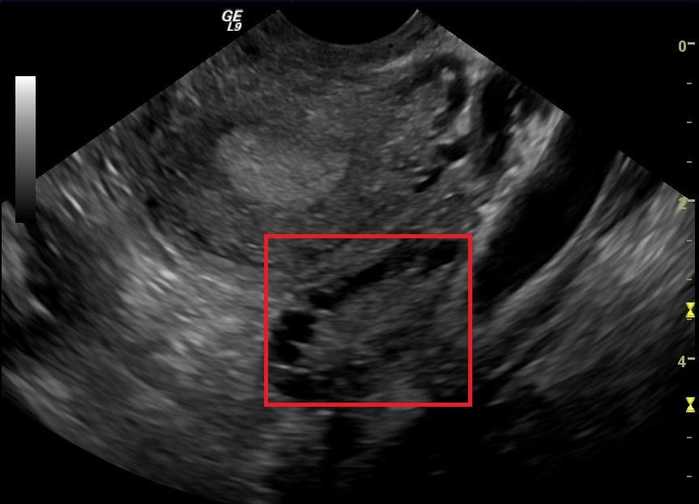New Insights on Treatments for PCOS Related Infertility
Polycystic ovary syndrome, or PCOS, is one of the most devastating and most common disorders in females. Women with PCOS experience enlargement of their ovaries, a symptom that can lead to hormonal imbalances and the release of excess amounts of male sex hormones such as testosterone in their blood. This abnormality leads to problems such as hair loss, acne, excessive facial hair, irregular menstruation, obesity, and difficulty getting pregnant. PCOS also increases the risk of other conditions such as insulin resistance, a condition in which body cells are not efficiently responsive to insulin to metabolize sugar, Type 2 diabetes, and heart disease. Therefore, PCOS management is important not only for cosmetic purposes but also for the overall health of the individual.
Image Source: " Schomynv"
Currently, research points to genetic causes that are not yet fully understood. As a result, there is no actual cure for PCOS; rather, each symptom is treated separately. For example, primary care doctors may suggest Metformin over-the-counter medicine for acne and Metformin to regulate menstruation.
Moreover, infertility is a common concern in women with PCOS during their reproductive age. Fertility medicines have been shown to help with pregnancy, but there are also new studies that hope to alleviate the symptoms of PCOS through diet. A recent study conducted by Zatollah Asemi, PhD, at the Kashan University of Medical Sciences, showed that women who received soy isoflavones in their diet had lower indicators of insulin resistance compared to those women in the control, placebo group.
Soy is believed to be a valuable organic source of isoflavones, which is a beneficial dietary compound for PCOS. Once in the body, it changes to a compound with a similar structure to estrogen, the female sex hormone responsible for regulation of the reproductive system. In doing so, soy isoflavones can facilitate the complex mechanisms of reproduction, which improves fertility and chances of pregnancy.
In addition to soy, there are several other substances that can have beneficial effects for women with PCOS. For example, magnesium, cinnamon, and Omega-3 fatty acids have potential benefits but need to be studied further to understand how they could alleviate PCOS symptoms through dietary intake. Additionally, lifestyle changes such as regular exercise and weight loss are believed to help improve the symptoms.
The limitations of such research, however, come from the fact that there is very little known about the genetics behind PCOS, a factor that limits possible treatments for PCOS as a whole. Future genetic analysis of women with PCOS could shine new light on some possible genetic sources that contribute to the severity of PCOS.
Moreover, infertility is a common concern in women with PCOS during their reproductive age. Fertility medicines have been shown to help with pregnancy, but there are also new studies that hope to alleviate the symptoms of PCOS through diet. A recent study conducted by Zatollah Asemi, PhD, at the Kashan University of Medical Sciences, showed that women who received soy isoflavones in their diet had lower indicators of insulin resistance compared to those women in the control, placebo group.
Soy is believed to be a valuable organic source of isoflavones, which is a beneficial dietary compound for PCOS. Once in the body, it changes to a compound with a similar structure to estrogen, the female sex hormone responsible for regulation of the reproductive system. In doing so, soy isoflavones can facilitate the complex mechanisms of reproduction, which improves fertility and chances of pregnancy.
In addition to soy, there are several other substances that can have beneficial effects for women with PCOS. For example, magnesium, cinnamon, and Omega-3 fatty acids have potential benefits but need to be studied further to understand how they could alleviate PCOS symptoms through dietary intake. Additionally, lifestyle changes such as regular exercise and weight loss are believed to help improve the symptoms.
The limitations of such research, however, come from the fact that there is very little known about the genetics behind PCOS, a factor that limits possible treatments for PCOS as a whole. Future genetic analysis of women with PCOS could shine new light on some possible genetic sources that contribute to the severity of PCOS.
Featured Image Source: Kaz
RELATED ARTICLES
|
Vertical Divider
|
Vertical Divider
|
Vertical Divider
|






